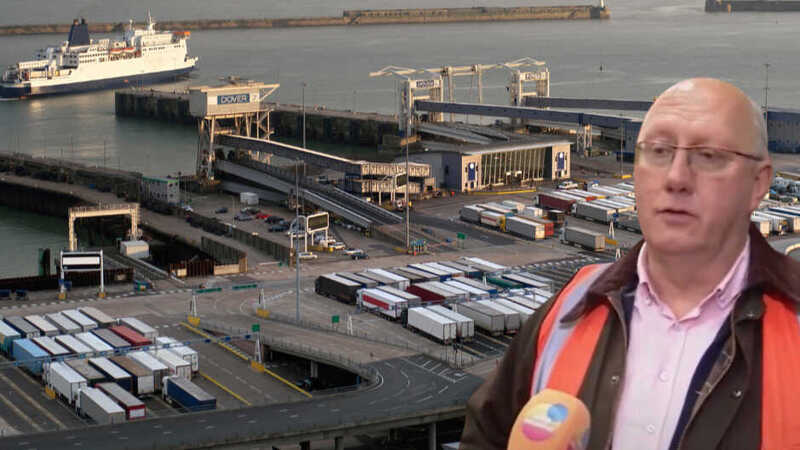Government’s new import charges will cripple UK fresh produce industry, says association CEO

The UK government’s implementation of new common user charges (CUCs) threaten to cripple small and medium-sized enterprises in the fresh produce and plant sectors.
In a move branded by Nigel Jenney, chief executive of the Fresh Produce Consortium (FPC), as a “thinly veiled tax on the industry,” the charges, introduced as part of post-Brexit border controls, are set to add millions in extra costs to the industry, while unnecessarily driving up prices.
Industry experts predict this will add £200 million in costs across the fresh produce supply chain, a crippling blow to a sector already grappling with unprecedented challenges.
“This is simply not a manageable cost for our members,” declared Jenney with fierce urgency.
“These exorbitant charges imposed by our own government represent a direct tax on businesses. It’s a move that will undoubtedly shatter supply chain confidence and is already encouraging EU exporters[1] to reconsider their commitment to supply the UK market.”
The government has attempted to downplay the impact, asserting that consumers will see a negligible increase in prices. However, importers and retailers warn of cascading delays, disruptions, and spiralling costs that will inevitably be passed on to hard pressed shoppers.
“The CUC system is particularly devastating for SMEs,” noted Jenney. “While fees are now capped, they remain substantial – £145 for every consignment arriving in the UK via the Port of Dover or Eurotunnel. This might not seem like much, but with only a small number of consignments actually inspected, the cost per inspection balloons to a ludicrous £5,000.”
By way of example, the FPC said 100 consignments x 145 = £14,500 @ 3% physical inspection level this equates to £4,833 per physical inspection. This also excludes several additional fees levied by the UK Government. In addition, this compares to a commercial control point fee of usually less than £100 per consignment chargeable only when a physical inspection is required.
“We have for years promoted alternative industry managed solutions which offer far more efficient service for the benefit of both industry and consumers alike,” continued Jenney.
“However, the adoption and development of assured operator status allowing responsible companies to manage their own inspections has still to commence.
“Ultimately, it’s essential the UK remains a destination of choice for international exporters to compliment our fantastic homegrown fresh produce and to offer the choice and availability we all demand. The Government’s poorly considered border solution puts this in severe jeopardy or, at best, drives avoidable food inflation. “
Related content
Source: foodanddrinktechnology.com

